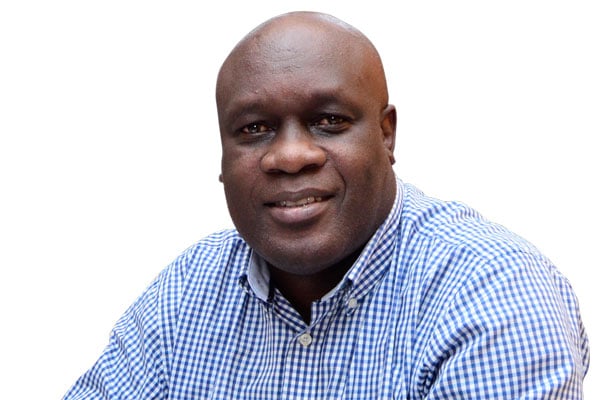Prime
The duplicity of the Western media on Africa

Moses Khisa
What you need to know:
- We are scarcely passive victims. We kiss up to our ostensible white saviors. We grant them a free hand to demean and disrespect us.
- By contrast, when it comes to reporting about an African country by a Western media outlet, the opening line almost always has to underline the negative feature.
The so called mainstream Western media has a knack for the dramatic and sensational. This is especially savored coming out of the African continent.
In 1984, Time Magazine’s cover carried a three-word summary of Africa as a continent of ‘coups, conflict and corruption.’ In 2000, The Economist led with a cover story that captured the continent in two words: ‘Hopeless Continent.’
In recent years, there have been attempts at casting a more positive portrayal of Africa in the western media and sections of academia, but the crux of much of the writing and reporting remains steeped in old stereotypes and tropes of defining and projecting Africa.
The search for the African story is not an inquiry into what Africans are doing to better their conditions but rather what can confirm what Western audiences believe Africa to be – the continent that is perpetually at war and in need of external humanitarian assistance. It is the search for an apocalyptic story. It is also the search for a story that makes the writer, bestows celebrity status and accords career gravitas.
The mainstream Western media can as well write countless positive and progressive stories out of this vast continent. These can be equally dramatic and revealing of the monumental changes happening across the continent. But this is not the story that captures the imagination of the writers and appeals to a Western audience.
Rather, what does is the story that can evoke the urge to save Africans. This is the story of coups and conflict, blood-thirsty-dictators and corrupt practices, starvation and deprivation We African actively lend succor to how we are represented by the west. We are scarcely passive victims.
We kiss up to our ostensible white saviors. We grant them a free hand to demean and disrespect us. In return, we hope to be saved from ourselves, from the vagaries of nature and our never ending and endemic problems. This is very much an integral part of our mental colonialism. We have been conditioned to see white people as the authors of the magic to our problems.
I see it in my academic profession. Young Africans desperate for career breakthroughs in a word dominated by the Western academic and institution have to put up with the paternalism of the white academic gatekeeper, short of which one’s career may be imperiled.
In the media, narratives and discourses about Africa are framed and articulated by the Western journalist who uses African acolytes as cheap and ready sources of raw material. For ours is a continent of raw material, not just material but also intellectual and cultural.
We export raw cotton, coffee and copper. But we also provide raw ideas to foreigners who then formulate theories and the knowledge that we consume, which in turn shape the way we are perceived and understood.
Even among the best in the intelligentsia, we are want to fall on each other to appease white folk in the hopes that we can extract some rewards or merely to reaffirm our expected awe of the muzungu.
There is never one African story. There are many. Horrendous and devastating, no doubt. But so are stories of extraordinary accomplishments and ingenuity. We have war and conflict, but there is peace and tranquility too in a range of countries across the continent.
Poverty bites, but it cannot be conceived as what exclusively defines Africa. The standard opening line by a Western media report alludes to ‘the impoverished African nation…’
Elections are rigged and dramatic scenes unfold in contests for power, but so are the many cases of clean and uncontested political processes all over the continent.
The point here is not to play the proverbial ostrich and hide one’s head in the sand. It would be disingenuous to claim that Africa does not have intractable socio-political problems. Of course it does. And Africans have to confront and tackle their problems. No external savior will cure them.
But every country and continent on earth has its own share of problems. Yet, hardly can African media house start a story about a Western country by flagging that country’s supposed social malaise or political crises. In fact, hardly do African newspapers, for example, seek to provide extensive coverage of a Western nation to expose the problems germane to that country.
By contrast, when it comes to reporting about an African country by a Western media outlet, the opening line almost always has to underline the negative feature.
Often, the kind of reporting that wants to deliver something dramatic is bereft of basic context and the broader picture. Such are considered unnecessary details that may detract the reader from focusing on the expected Africa story, which is the story that appeals to western humanitarian intervention.




